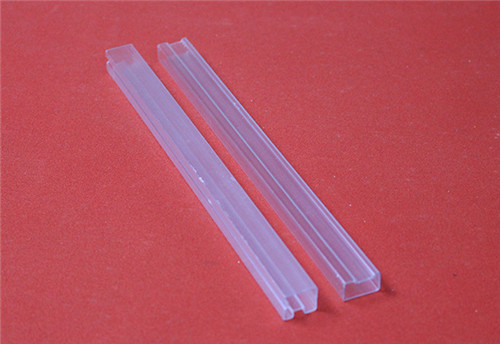
Phone Number :
07 06, 2023

PVC hoses are widely used in a range of industries due to their versatility and cost-effectiveness. However, it is important to weigh the advantages and disadvantages before choosing PVC hoses for specific applications. This article examines the pros and cons of PVC hoses to help you make an informed decision.
1. Cost-effective: PVC hoses are generally more affordable compared to other types of hoses, making them a popular choice for budget-conscious users.
2. Lightweight: PVC hoses are lightweight, which makes them easy to handle and maneuver. This feature is particularly beneficial in applications where flexibility and maneuverability are required.
3. Chemical resistance: PVC hoses have excellent resistance to chemicals, acids, and alkalis, making them suitable for various industrial applications, including chemical transfer, fluid drainage, and irrigation.
4. Versatility: PVC hoses can be used in a wide range of applications, including agriculture, construction, gardening, and liquid transfer, due to their flexibility and durability.
5. UV resistance: Many PVC hoses are designed to resist damage from ultraviolet rays, making them ideal for outdoor applications that are exposed to the sun.
1. Temperature limitations: PVC hoses have temperature limits, and exposure to extreme heat or cold can cause the hose material to weaken or crack. This restricts their use in high-temperature or low-temperature environments.
2. Limited pressure tolerance: PVC hoses have a lower pressure tolerance compared to hoses made of alternative materials like rubber or thermoplastics. They may not be suitable for high-pressure applications.
3. Durability concerns: While PVC hoses are durable, they may not be as long-lasting as other hose materials. Heavy use or exposure to harsh conditions can result in cracks, leaks, or degradation over time.
4. Environmental impact: PVC hoses are made from polyvinyl chloride, a synthetic plastic. The production and disposal of PVC hoses can have adverse environmental effects if not handled properly.
5. Flexibility issues: PVC hoses may not be as flexible as other hose materials, particularly in colder temperatures. This can affect their ease of use and applications that require a high degree of flexibility.
In conclusion, PVC hoses offer a range of advantages, including affordability, chemical resistance, and versatility. However, they also have limitations such as temperature restrictions, pressure tolerance, and durability concerns. Consider the specific requirements of your application before deciding whether PVC hoses are the right choice for you.